Dir: Alexander Rogozhkin. Russia. 2002. 100 min.
Awarded best director and best actor (Ville Haapasalo) at last week's Moscow Film Festival, where it proved an audience favourite, Alexander Rogozhkin's new film is another of his contemporary metaphors that deals with war and peace, man's instinct for survival and his need to appreciate the forces of nature. Set on the northern border between Russia and Finland during World War Two, a few weeks before the Finnish surrender in 1944 , this is very much a chamber piece that plays out its story in wide open spaces. The film unfolds at a very deliberate pace that might annoy matinee audiences, but it is sure to delight arthouse and festival crowds. Cuckoo, which plays in the Horizons sidebar at this week's Karlovy Vary Festival, has already been picked up for US theatrical distribution by Sony and will be released in Russia later this summer.
The story centres on two runaways, a young Finnish sniper (Haapasalo) and an older Russian officer (Bychov), who find temporary shelter in the isolated wooden hut of a young Lap woman (Usso), whose husband had been away fighting for years. At once three separate worlds with nothing in common, or at least so it seems for a while, meet. The sniper and the woman speak the same language, but in different dialects, and hardly understand each other - but then neither of them knows a word of Russian. Only the subtitle-reading audience can understand all three characters, a metaphor that puts us in the position of fully appreciating allegory and its various aspects.
The meeting between the indoctrinated, grimly disposed Russian, who wants to kill the Finn because he wears a German uniform and the Finn, who only wants to be on his way, holds the potential for a tragic outcome. However, the Lap woman's confident, quietly self-controlled conduct reminds both that there is more to a man than the clothes he wears or the language he speaks. A force of nature in every sense, she nurses both of them back, on different occasions, from the brink of death and offers them common ground on which they can both meet.
Rogozhkin's deft guidance leads the film from the laconic precision of the early scenes, which show the chained sniper resourcefully freeing himself from a hillside rock, through the dramatic intensity of the dangers lurking in the dark, to the humour which prevails through most of the second half. Cuckoo reaches a climax with the loud moans of the young woman resounding across the wilderness as she is finally sexually satisfied after years of solitude.
Haapasalo and Viktor Bychkov, who have worked with Rogozhkin before, respond enthusiastically to his direction. They are only outdone by beginner Anni Cristina Juuso, who manages, despite her shapeless, unflattering peasant dress, to appear feminine, enticing and attractive simply through the look in her luminous eyes and the expression on her face.
The strikingly majestic landscape and the special qualities of the northern summer light supply a breath-taking backdrop which beyond its prettiness, is also effectively integrated into the story. A few pointers about time and place in the early stages, when the plot is still divided into three separate threads, might have been useful for today's restless audiences. Some tightening of the plot in the second half also would not have gone amiss either. But then Rogozhkin has always liked having his audience work for its meal - and in this case its with rewarding results.
Prod co: CTB Film Company
Int'l sales: Intercinema Art Agency
Prod: Sergei Seljanov
Scr: Alexander Rogozhkin
Cinematography: Andrei Zhegalov
Ed: Julia Roumyantseva
Music: Dmitri Pavlov
Main cast Anni Kristina Juuso, Ville Haapasalo, Viktor Bychkov




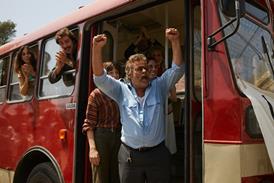
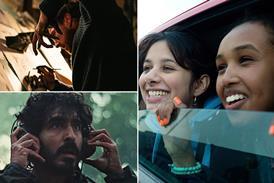

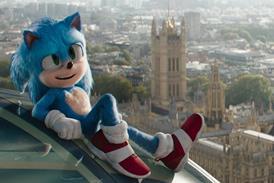




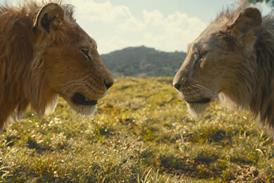
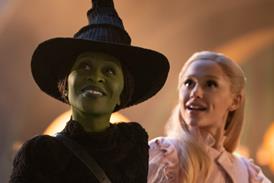
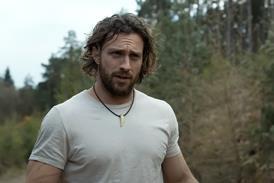
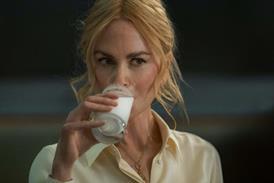


No comments yet